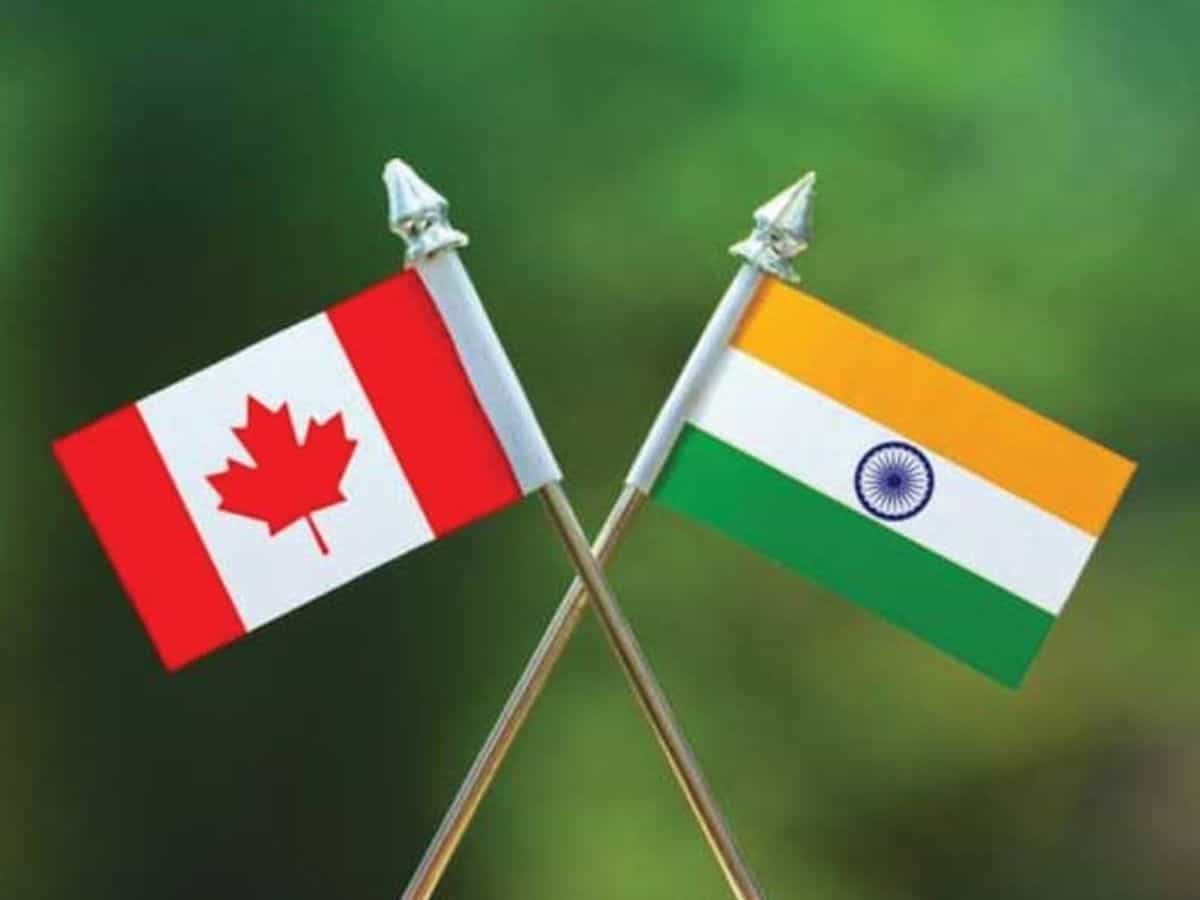
New Delhi: India on Thursday asserted that Canada must reduce its diplomatic presence in the country to achieve parity in strength and alleged that some of the Canadian diplomats are involved in interfering in New Delhi’s internal matters, signalling continuing slide in the ties between the two nations over the killing of a Sikh separatist leader in June.
External Affairs Ministry spokesperson Arindam Bagchi said discussions on the modalities to arrive at mutual diplomatic presence are going on and gave clear indication that India will not review its position on the issue.
India asked Canada to withdraw several dozen diplomats from its missions in the country, days after a diplomatic row erupted following Canadian Prime Minister Justin Trudeau’s allegation linking Indian agents to the killing of Khalistani separatist leader Hardeep Singh Nijjar in June. India strongly rejected the charges.
“As we mentioned earlier, given the much higher presence of Canadian diplomats here and their interference in our internal matters, we have sought parity in our respective diplomatic presence. Discussions are ongoing on the modalities to achieve this,” Bagchi said at his weekly media briefing.
He said as Canadian diplomatic presence in India is much higher compared to India’s strength in Canada, it is assumed that there would be a reduction.
“Our focus is on ensuring parity in diplomatic strength,” Bagchi said.
The spokesperson, however, did not reply to questions on reports that October 10 is the deadline set by New Delhi for Ottawa to reduce the number of its diplomats in India.
“I would not like to get into the details of diplomatic conversation,” he said.
It is learnt that the number of Canadian diplomats in India is around 60 and New Delhi wants Ottawa to reduce the strength by at least three dozen.
On whether reducing Canada’s diplomatic presence will impact the issuance of visas to Indians, Bagchi said it is up to the Canadian side whom they choose to staff its high commission with.
“Our concerns are related to ensuring parity in diplomatic presence. That’s where our focus is.”
Asked whether Canada has shared with India any information or evidence relating to Nijjar’s killing, Bagchi referred to External Affairs Minister S Jaishankar’s recent remarks that if any specific or relevant information is shared with New Delhi, it is open to looking at it.
Bagchi also flagged India’s concerns over safety of Indian diplomats and India’s diplomatic premises in Canada saying New Delhi has been taking up the issue with Ottawa regularly.
Two weeks ago, New Delhi asked Ottawa to downsize its diplomatic presence in India.
The ties between India and Canada came under severe strain following Trudeau’s allegations of a “potential” involvement of Indian agents in the killing of Nijjar.
India rejected the allegations as “absurd” and “motivated” and expelled a senior Canadian diplomat in a tit-for-tat move to Ottawa’s expulsion of an Indian official over the case.
On September 21, India asked Canada to downsize its diplomatic presence in the country as relations between the two countries plunged to an all-time low following Ottawa’s allegations against New Delhi.
